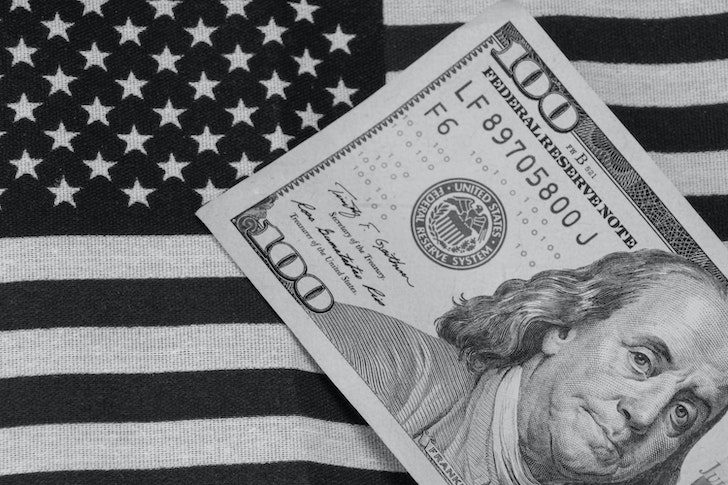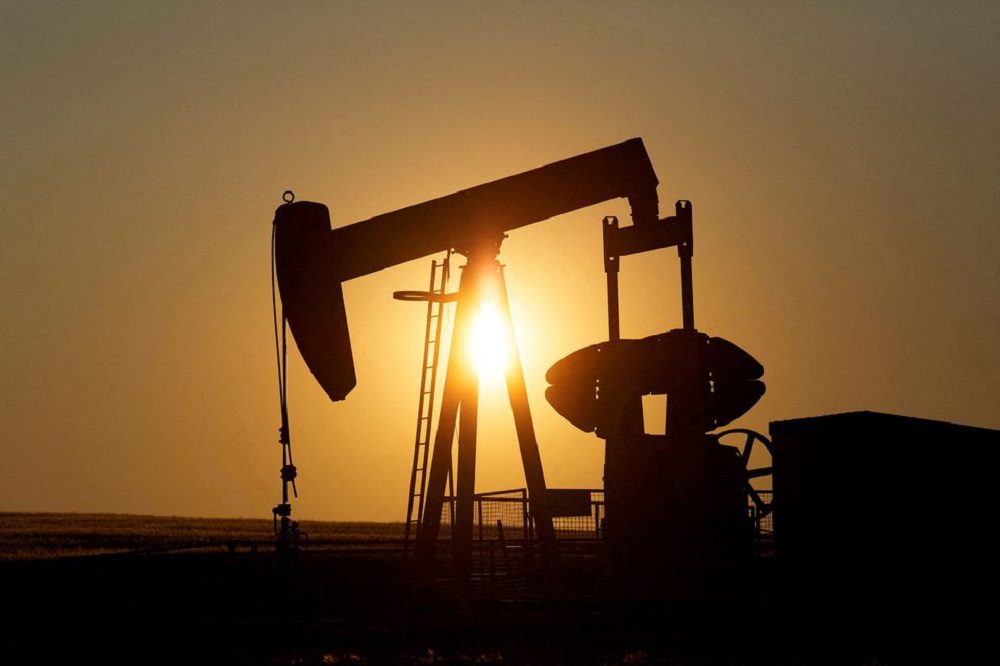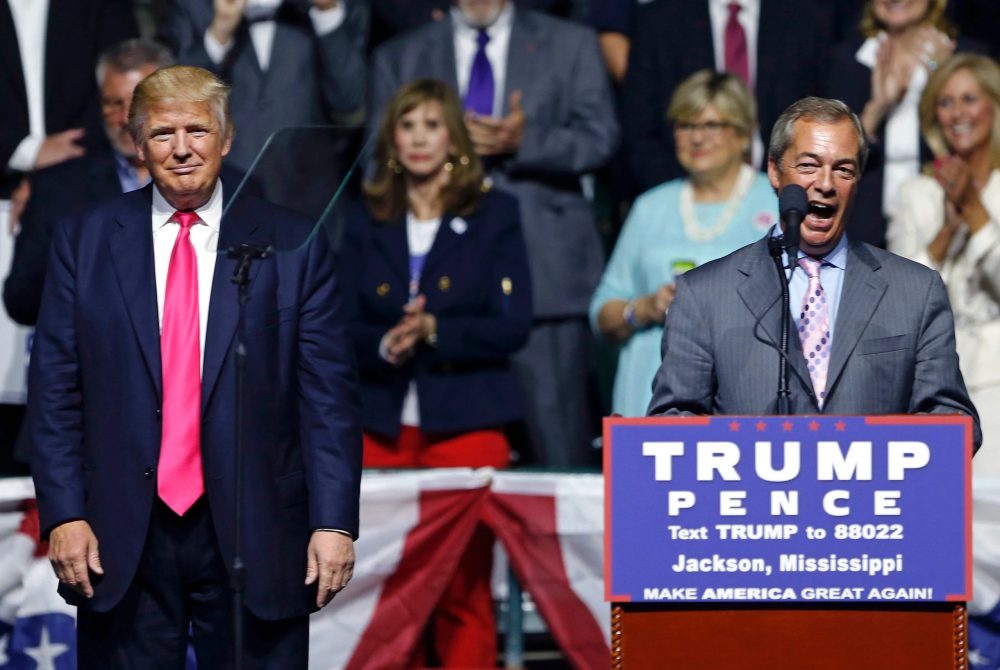It is expected that Bangladesh will experience three more years of power cuts as the developing economy struggles to find sustainable natural gas supplies. The country stopped buying spot liquefied natural gas cargoes in June because of high prices. Gas producers such as Qatar have indicated that they will sell contracted gas volumes from 2026.
Russia’s invasion of Ukraine has caused a global shortage of power generation fuel, which has led to the price to double for LNG in Asia and Europe. However, this meant that less supply was available for emerging economies like Bangladesh and Pakistan. With fewer alternatives, rolling power cuts is the only option available. According to analysts and traders, power cuts will pose a huge constraint on economic growth in the future. South Asian nations that were highly dependent on energy imports have been affected by the rising prices and are forced to cut electricity supplies to manage the shortfall. According to Bloomberg, NEF Bangladesh imported 40% LNG on a spot basis last year. But this year it has imported about 30% only.

Saya/Pexels | The power crunch will cause blackouts
The increased energy prices are also a big strain on the dollar reserves. Hence, Bangladesh is looking for support from creditors and the International Monetary Fund to finance its energy finances. According to a gas analyst named Lujia Cao, between this year and 2026, the Asian markets will experience slower LNG growth in demand than what was previously expected. She added that this will happen because the price-sensitive buyers will slash the high-priced LNG imports. Pakistan and Bangladesh are expected to experience much severity in gas supply shortages due to increasing fuel prices and import constraints.

Pixabay/Pexels | Power shortages affect the working of power plants.
Measures Taken By Bangladesh To Cope With Gas Crunch
LNG is very important for every economy. The developed countries can cope with the global power shortage as they can afford the power even at high prices. However, developing economies such as Bangladesh and Pakistan can’t afford the expensive LNG and are forced to import less. Also, few LNG supplies are available for developing economies because of the frantic restocking in Europe and other developed economies. Less LNG means slow economic growth as fewer power sources are available to run industries. To cope with this situation, Financial Express reported that Bangladesh’s Finance Ministry has approved a plan of 20 billion takas ($211 million) for the state-operated Petro Bangla to import LNG.

Douglas/Pexels | The approved funds will be used to cope with the current power crunch
At the moment, it’s unclear what the funds will be used for. The funds can be used to replenish the long-term supply of LNG or import LNG through spot shipments. Until the country finds an answer to its gas crunch, it has planned to avoid buying from the spot market. Hamid said that Bangladesh has decided to rely on existing contract supplies from the Middle East to cover its power needs. Importing more LNG at a time of global power shortage can increase financial problems for the country. Unless it finds a permanent solution to the problems, people will probably be facing blackouts for several hours.











